University of Mary to Create Region’s Most Cutting-Edge SynDaver™ Lab
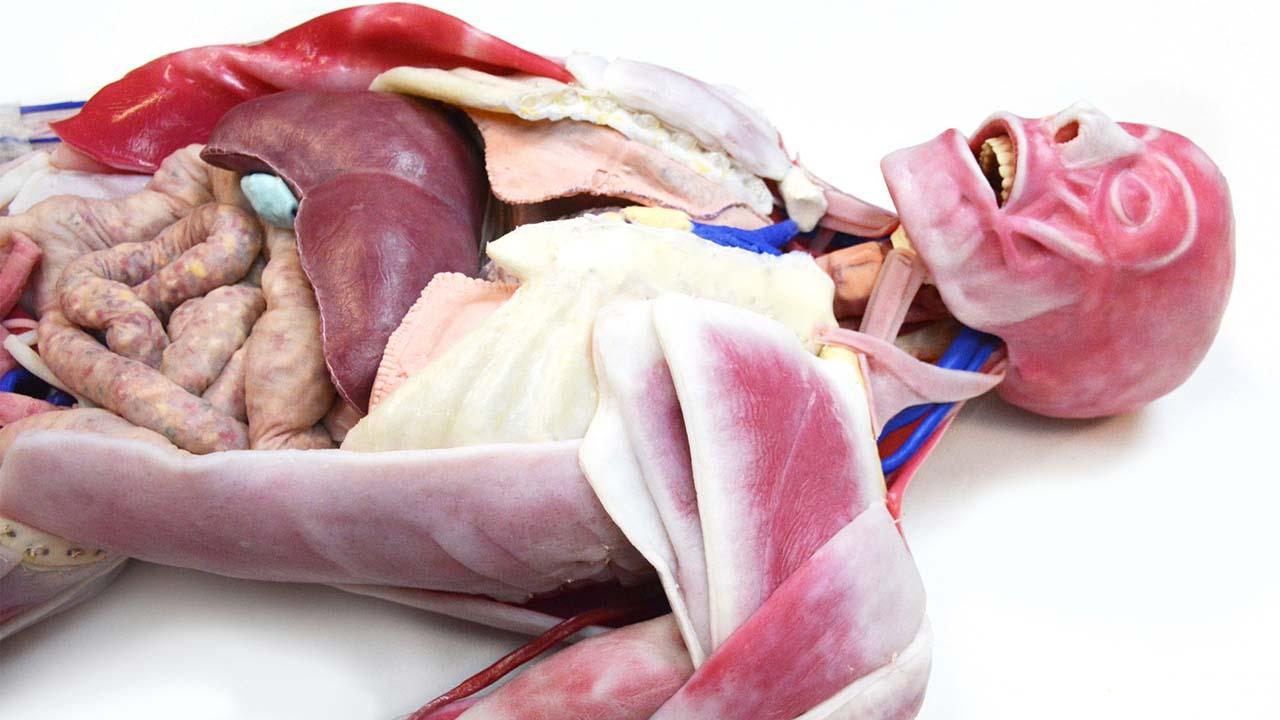
BISMARCK, ND — One of the nation’s most respected health care programs in higher learning, the University of Mary in Bismarck, is creating a one-of-a kind anatomy lab that will bring hands-on learning to a new level.
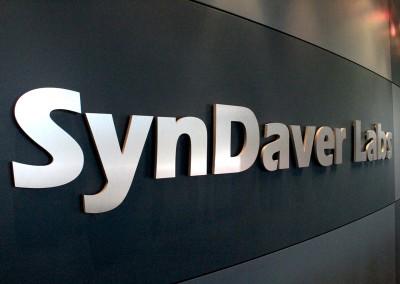
Dr. Jodi Roller, dean of the University of Mary’s School of Health Sciences, announced today the University of Mary is purchasing and hosting six new synthetic humans that will be part of “one of the most complete state-of-the-art synthetic anatomy learning facilities in the nation.”
This SynDaver™ Labs technology, made possible in part through a $500,000 grant from the Margaret A. Cargill Foundation, will go towards enhancing the preparation and prevalence of rural health care providers.
“This is really a shot in the arm, so to speak, for not only our students, but rural health care in North Dakota and across the country,” added Roller. “While many schools utilize real cadavers that are tediously dissected and can only be used once, the SynDaver™ Labs technology creates the world’s most realistic synthetic human tissues and body parts that are flexible, can be studied in less time and are durable and less costly. I think this technology is the wave of the future and we are proud to be on the ground floor of its advancement as it greatly enhances our present method of virtual anatomy teaching. We are truly blessed. And now our students and rural health care providers will continue to reap the benefits of our well educated and trained graduates.”
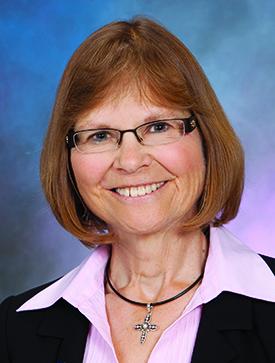
Many students who come to the University of Mary seeking a profession in health care are from rural America or rural parts of the world. They are familiar with some of the current obstacles facing rural Americans in their struggle to lead a normal, healthy life. Thus, these students are even more likely to return to their hometowns or similar areas when seeking employment in medical fields and provide an ethical, values-based health care experience for patients.
Beatriz Quesada of McAllen, TX, McKenzie McMillan from Bismarck and Sierra Steckler of Breckenridge, MN, are three such students who are working toward their doctor of physical therapy degrees at the University of Mary. They were drawn to the Christian, Catholic and Benedictine values at Mary along with its reputable health care programs. Quesada is preparing to someday work with the pediatric population. Steckler will specialize in treating athletic injuries and McMillan is eager to help people live a healthier, more functional life.
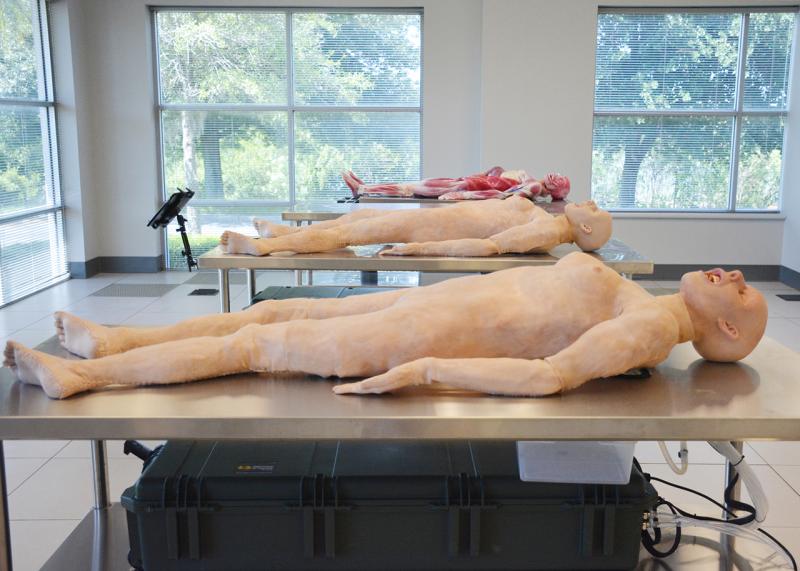
“As a physical therapist, we are expected to be movement experts,” remarked McMillan. “Being able to see the full picture of how the body is structured with the world-class SynDaver™ lab will greatly enhance our ability to understand how the body moves and all the body systems work together. This is modern technology we’re excited to be part of at Mary that will help us now in any clinical setting we encounter and when we are on our own as doctors of physical therapy serving our patients in other communities.”
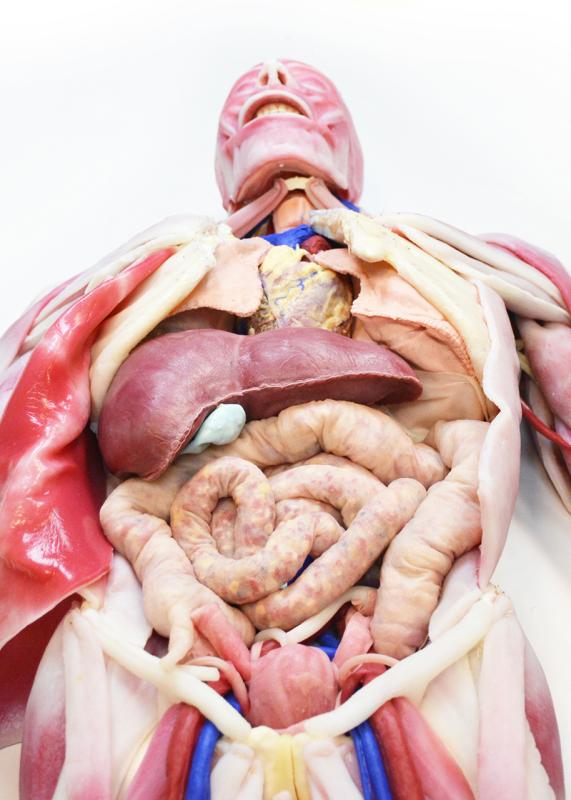
According to statistics from the National Rural Health Association (NRHA), only about 10 percent of physicians practice in rural America despite the fact that nearly one-fourth of the population lives in these areas. Also, there are 2,157 Health Professional Shortage Areas (HPSAs) in rural and frontier areas of all states and U.S. territories compared to 910 in urban areas. Rural residents have greater transportation difficulties reaching health care providers, often travelling great distances to reach a doctor or hospital.
The University of Mary currently offers 24 undergraduate and graduate health science programs — from pre-med and nursing to bioethics and doctor of nursing practice. Students in all health sciences at Mary will have the opportunity to take advantage of the SynDaver™ lab once it is made available during the summer semester 2016.
Another popular and growing field of study impacted greatly by the grant is the Speech-Language Pathology (SLP) program at Mary. This money will not only fund more faculty in this field, but also allow students to study in great detail the neuroanatomy and anatomy of the speech structures with use of the new SynDaver™ lab.
According to the United States Bureau of Labor Statistics, employment of speech-language pathologists is projected to grow 19 percent from now until 2022, faster than average for all occupations. As the large baby boom population grows older, there will be more instances of health conditions that cause speech or language impairments, such as strokes and hearing loss.
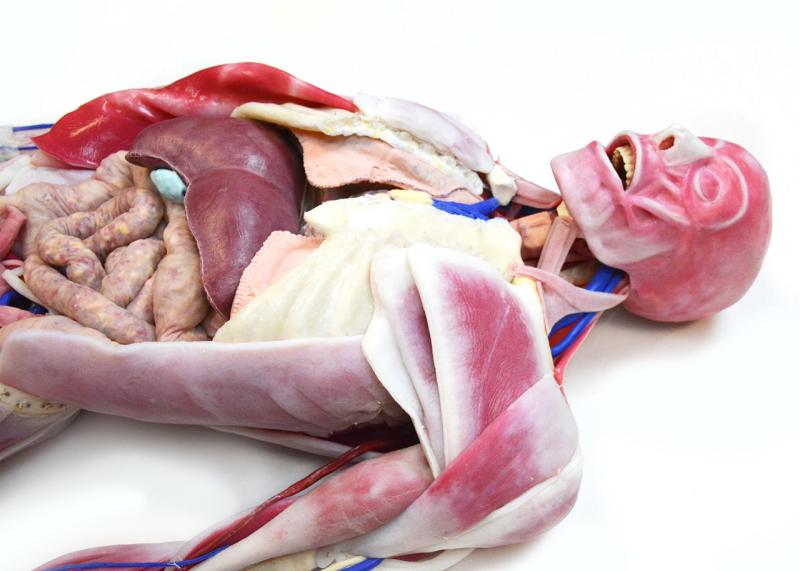
The benefits of the SynDaver™ lab won’t stop there, added Roller. “Junior high and high school students across North Dakota and the region will be invited to Mary so they can experience the SynDaver™ lab firsthand and hopefully pique their interest in science and medical fields at an early age – once more potentially opening the door for a health care career and bringing more needed care to rural America.”
About the University of Mary
As a Christian, Catholic, Benedictine institution, the University of Mary offers education for the whole of life through cutting-edge professional programs grounded in a solid liberal arts tradition.
Founded in 1959 by the Benedictine Sisters of Annunciation Monastery, Mary offers nearly 60 undergraduate, and 14 master’s degrees, and three doctoral programs in Education, Nursing Practice, and Physical Therapy. The University of Mary is also home to the new and innovative Year-Round Campus — where students have the option to earn their degree in 2.6 years and master’s in four years. With over 3,000 students, Mary has locations in North Dakota, Minnesota, Montana, Kansas, Arizona, Rome, Italy and Arequipa, Peru as well as vibrant online offerings. For more information, visit www.umary.edu.
